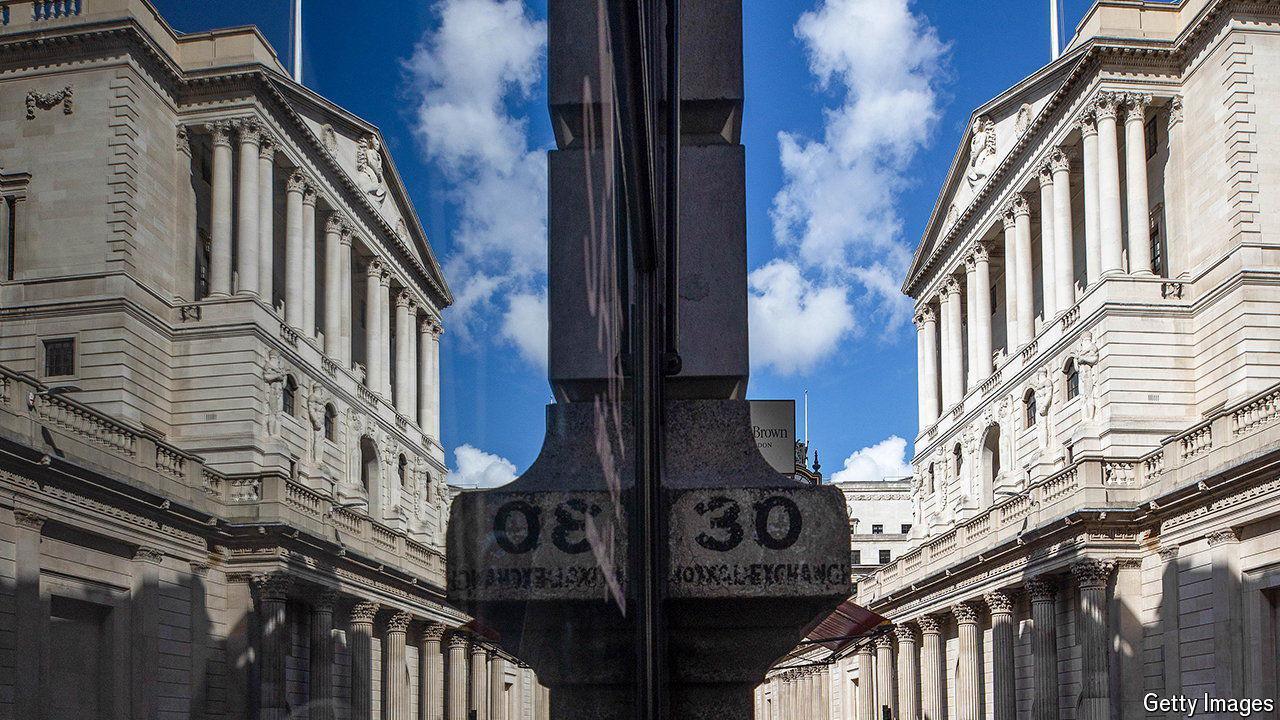
A reflection of the Bank of England (BOE) in a store in the City of London.
2024-08-08 754词 中等
Like most of its peers, Britain has leant heavily on QE—whereby central banks stimulate the economy by creating money (in the form of bank reserves) and buying assets (most often, long-term government bonds)—since interest rates fell to near-zero during the 2007-09 financial crisis. The result is to lower bond yields and boost liquidity—stimulating more borrowing and growth—and to leave central banks sitting atop balance-sheets stuffed with bonds.
经济学人和华尔街日报的文章是会员专属
请加入会员以继续阅读完整文章
成为会员后您将享受无限制的阅读体验,并可使用更多功能
免责声明:本文来自网络公开资料,仅供学习交流,其观点和倾向不代表本站立场。